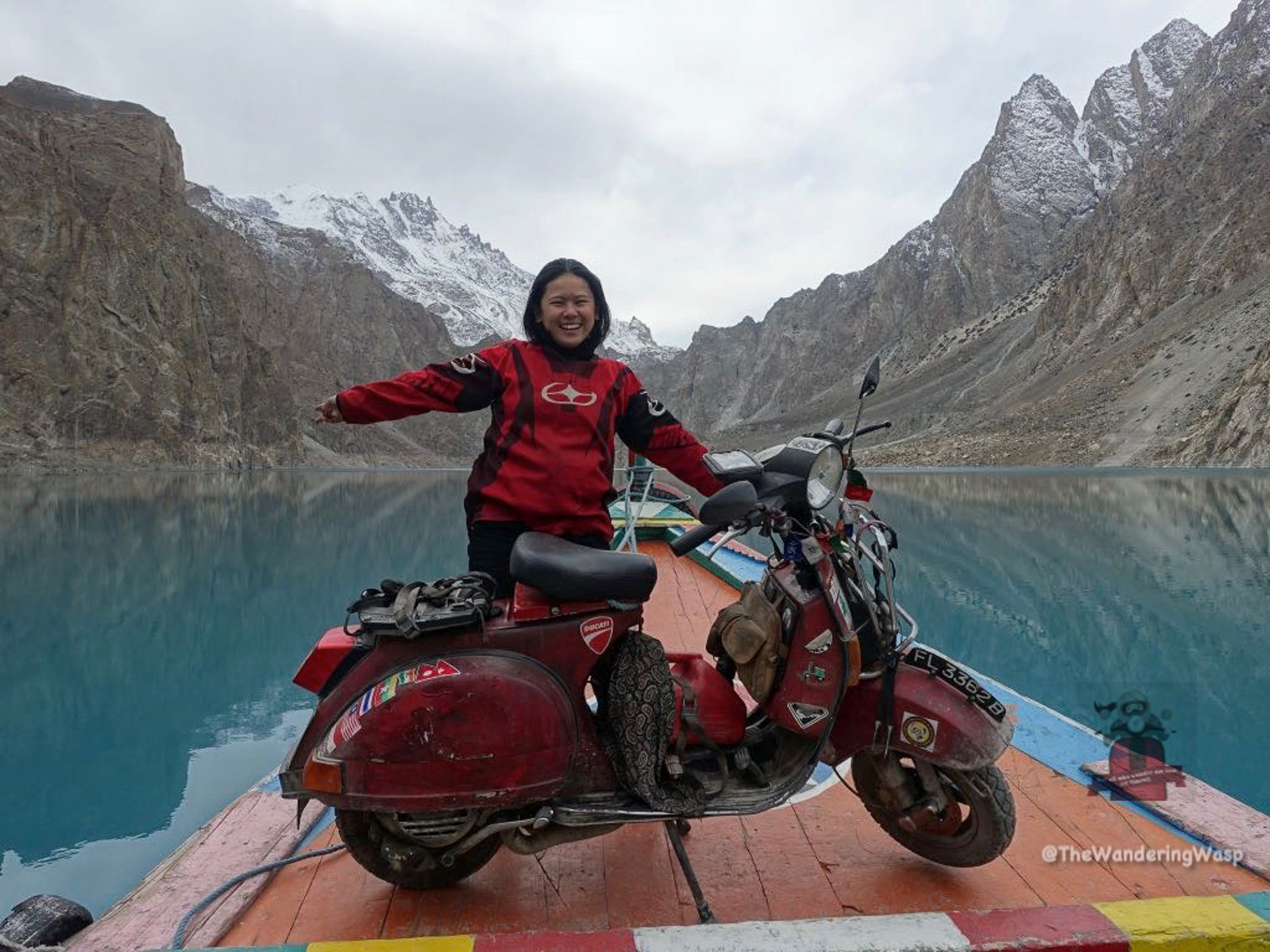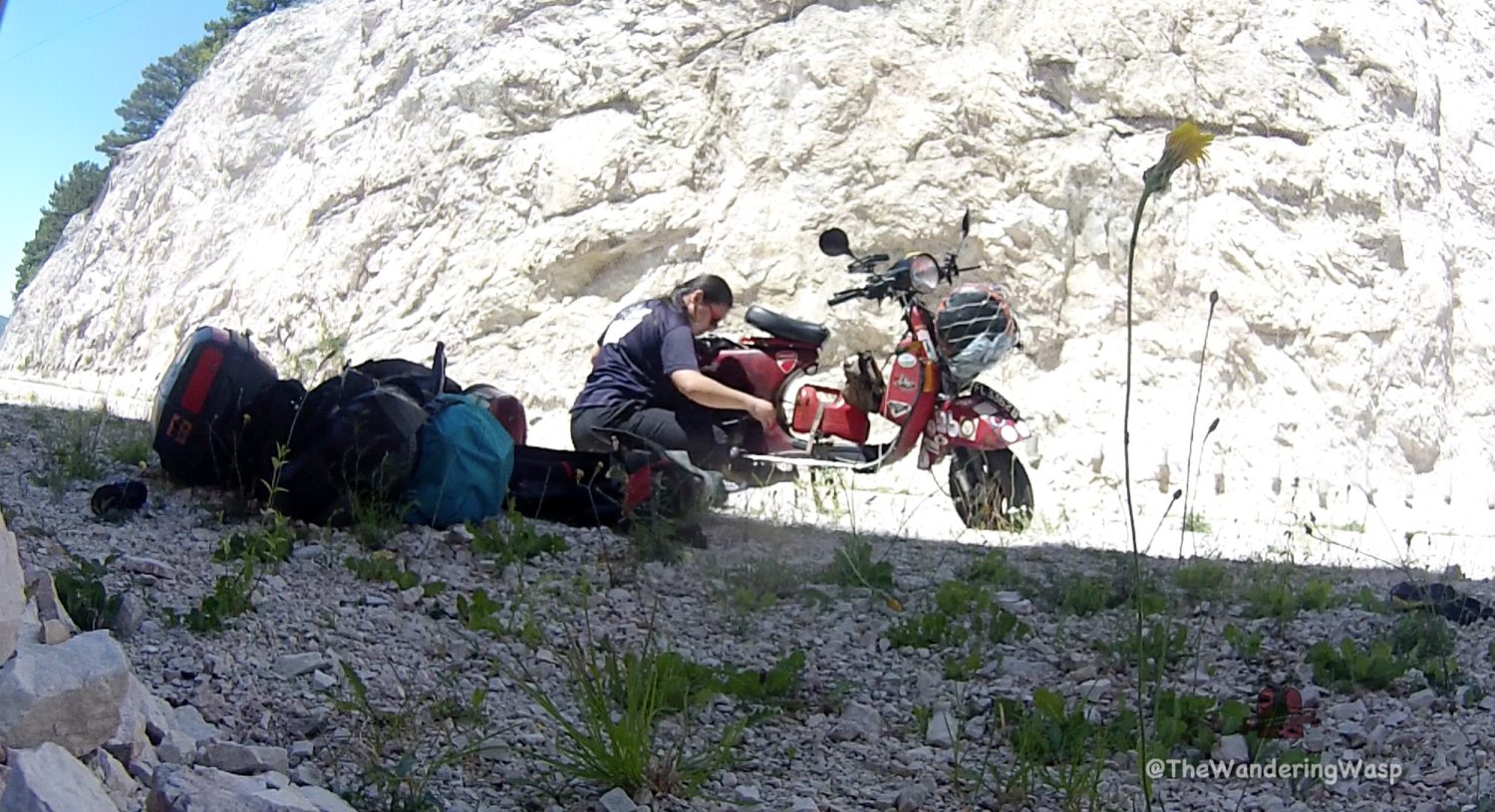“Sometimes I think, what the [expletive] am I doing here!?” As Juvena Huang speaks to the camera, one of the highest drivable tracks in the world lies behind her, looking more like a sheet of ice than a road. She’s driving to Khardung Pass in Ladakh, India, which tops out at 18,380 feet of elevation. Suddenly, Huang’s Vespa scooter slides and tumbles, sending her to the ground. A friend wraps nylon ropes around her scooter tires, and eventually, she arrives at the top, tears of weariness overshadowed by her million-dollar smile. She made it.
In 2015, Huang left Singapore on her Vespa scooter to travel the world. Forty-four thousand kilometers, 25 countries, and 27 months later, she accomplished her goal. Crossing through Southeast Asia, Nepal, Pakistan, Iran, Turkey, and Europe, she documented her travels on her blog, The Wandering Wasp, named after the Italian translation of the word Vespa. Driving to one of the highest roads on the planet was certainly a departure from her career in Biomedical Sciences back home in Singapore; but as Juvena says, fear can be the ultimate dream killer. Here’s how she moved past it and set off on an adventure of a lifetime.
What did you do for work before you left?
I have a degree in Biomedical Science and was doing aquaculture research, trying to create a proof of concept to develop a vaccine for fish. [That involved] going to fish farms, collecting samples, coming back to the lab, and running tests to diagnose what killed the fish.
You were finishing university and working a professional job when you decided to leave on this trip. All of this can be difficult to break out of. How did you manage to move past that fear?
The main trigger was the passing of a friend. He was a motorcycling buddy, and we had done a few trips together in Asia. He planned to ride from Singapore to the China border, and just a few weeks before he was about to set off, he got into an accident. It wasn’t from riding a motorcycle but while he was driving a van.
One thing that hit me is that life is too short. I think what’s worse is not being able to live your life as you wish, just heeding other people’s or society’s expectations of you—that’s even scarier. When I was seeking advice from those around me, I got two very different responses; those who warned me about the dangers (they were the ones who had never traveled to these places) and those who were very encouraging (they were the ones who had done it before). One thing I learned is that if you want advice, seek advice that comes from a place of experience and not from fear. Not just for traveling, but when you want to learn a new skill. If you want to learn how to cycle, you don’t ask someone who has never seen a cycle before.
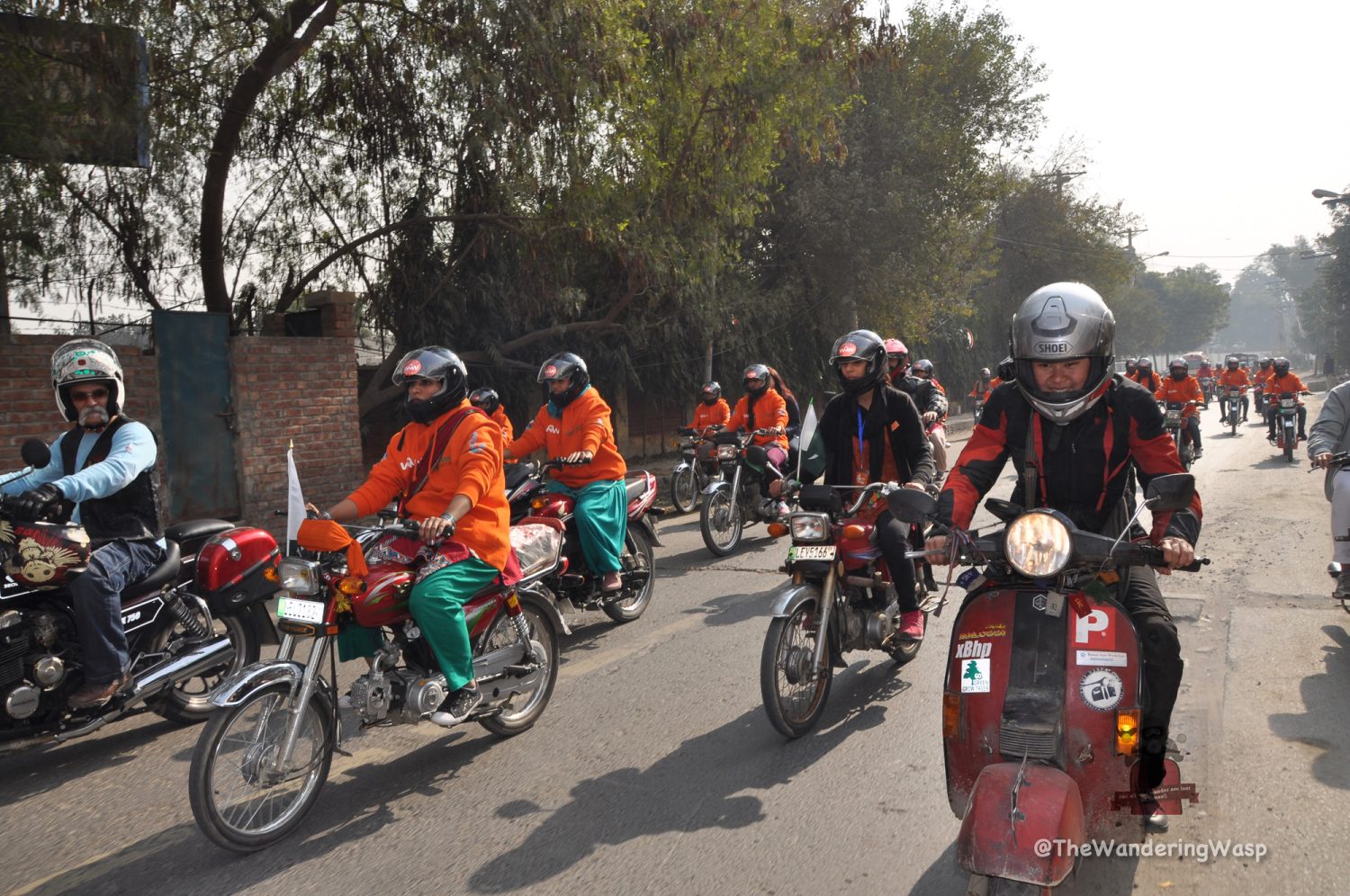
Part of the preparation process often involves discovering those who have paved the path before you. Who did you look to for inspiration?
The Singapore passport is one of the most powerful in the world, so Singaporeans travel a lot, but most of the time, they travel to countries that are considered safe: Japan, Hong Kong, and Bali. In terms of overlanding Southeast Asia, many Singaporeans have done it before. Singapore, Malaysia, Thailand, Cambodia, and Laos [in particular], because there wasn’t much of a barrier in terms of documentation and visas. These countries are very accessible. I’ve met many motorcycle travelers who have traveled around Southeast Asia and the Indochina region, but to go beyond that, like to Myanmar, you need to arrange for a tour guide, and for India, you need a carnet de passage. That involves a lot more money and time, which many people cannot afford. I only knew of one [Singaporean] couple, Goh and Samantha, who traveled around the world [by African Twin] for two years and eight months. Goh and Samantha were inspired by another couple in the 1990s who wrote a book called A Tankful of Time. They rode from Singapore to Africa and were probably one of the first [Singaporeans] to do so.
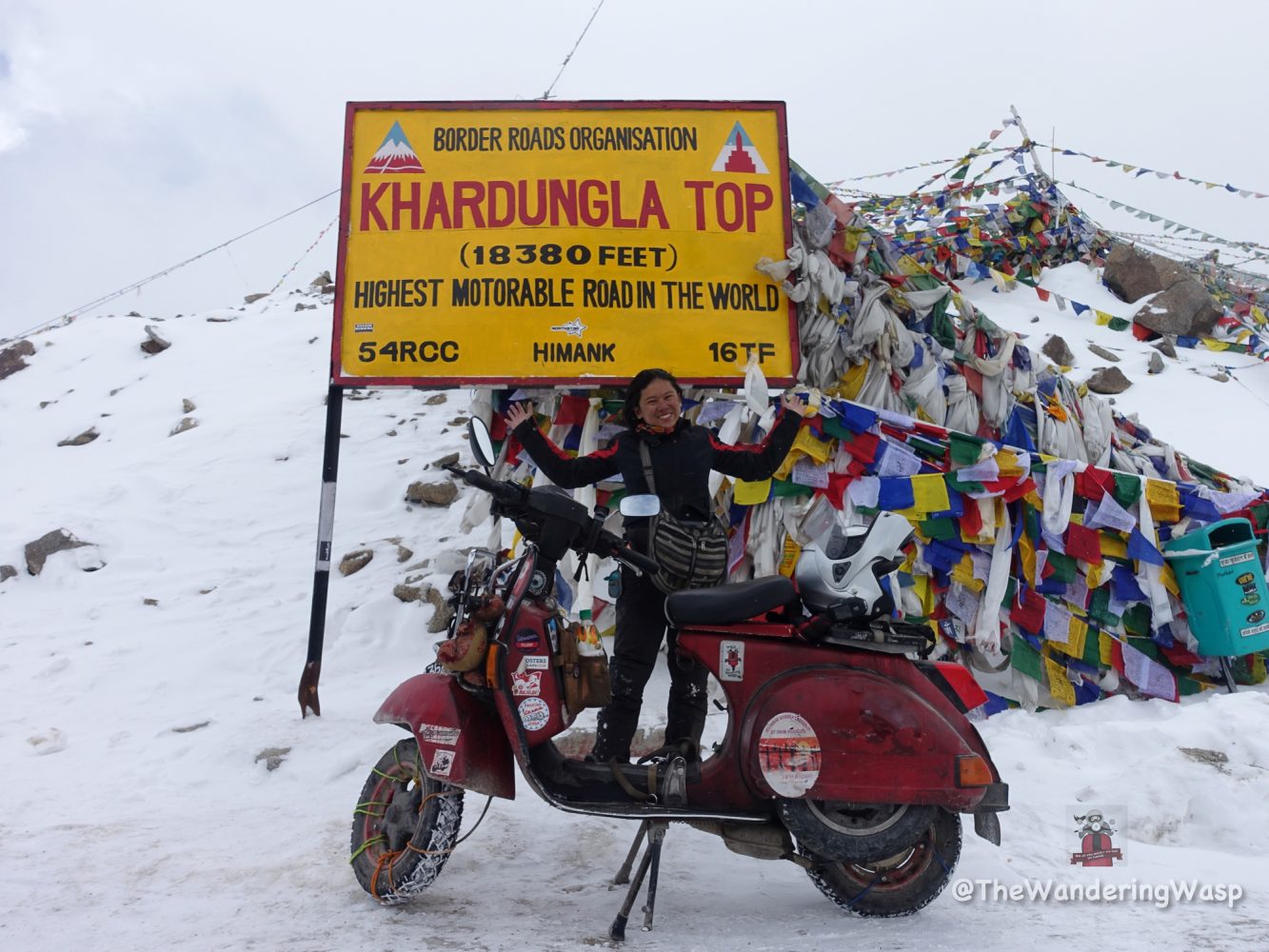
How did your family react when you told them you were going to do this extensive solo trip by scooter?
When I first voiced this plan, they didn’t take it seriously. But I tried to build myself up in terms of my confidence in traveling and their confidence in me traveling. I started with mini-trips, like riding from Singapore to Malacca, which is 200 kilometers away. That was my first long-distance ride. Then I went from Singapore to Thailand with friends, took a flight back to Thailand, rented a motorcycle there, and then traveled for a few days alone. I also went to Shanghai with my mom and handled all the planning to show her that I could manage to take care of myself. All these small steps led to something bigger. These mini-adventures were a way for me to build up my credibility. Also, if I met other overland travelers, I would tell my mom who I met and what they had done to let her know I wasn’t the only crazy one out there.

From the time you decided to embark on this trip to your departure, how long did it take? What sacrifices were involved?
It took around five years to materialize because, at the time, I was still in school, juggling part-time studies and full-time work. I had some obligations and couldn’t just set off immediately. After completing my studies and paying off my loans, I began saving for the trip. I also moonlighted for extra money on top of my full-time job. I sometimes worked at restaurants in the evening and tutored on the weekends. There was a time when I was working every day consecutively for one month, 12 hours [per day] without a break. I love dirt biking and used to do that every weekend. I sold that dirt bike and all the gear.
There are a few very difficult questions I had to ask myself. Not being with your loved ones, even on special family occasions, [is a] sacrifice. My dog was 14 years old, and a few months before I left, he was diagnosed with a kidney problem. That might have been the last time I saw him. Four months after I returned, my dog passed away. He waited for me to come home.

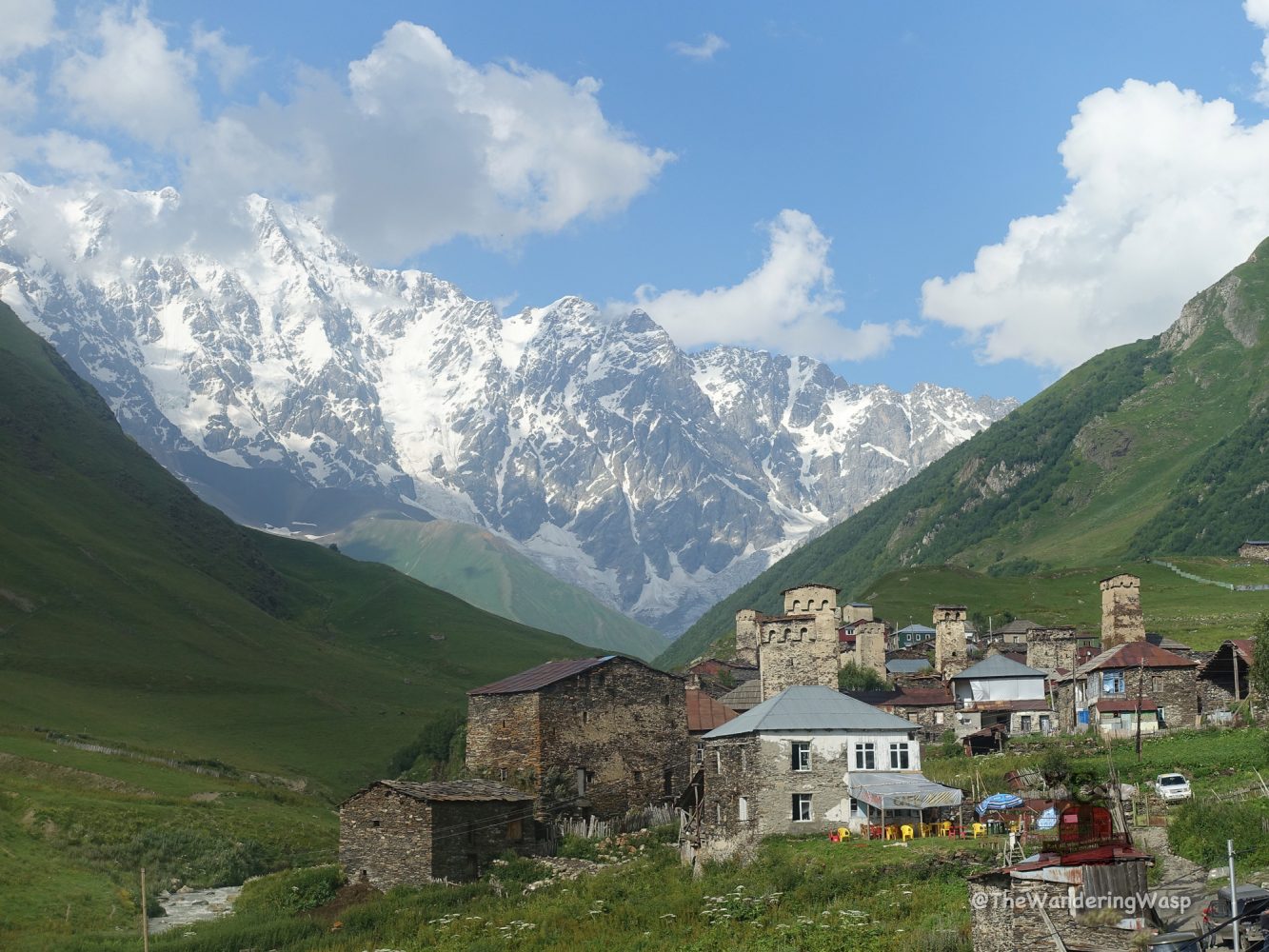
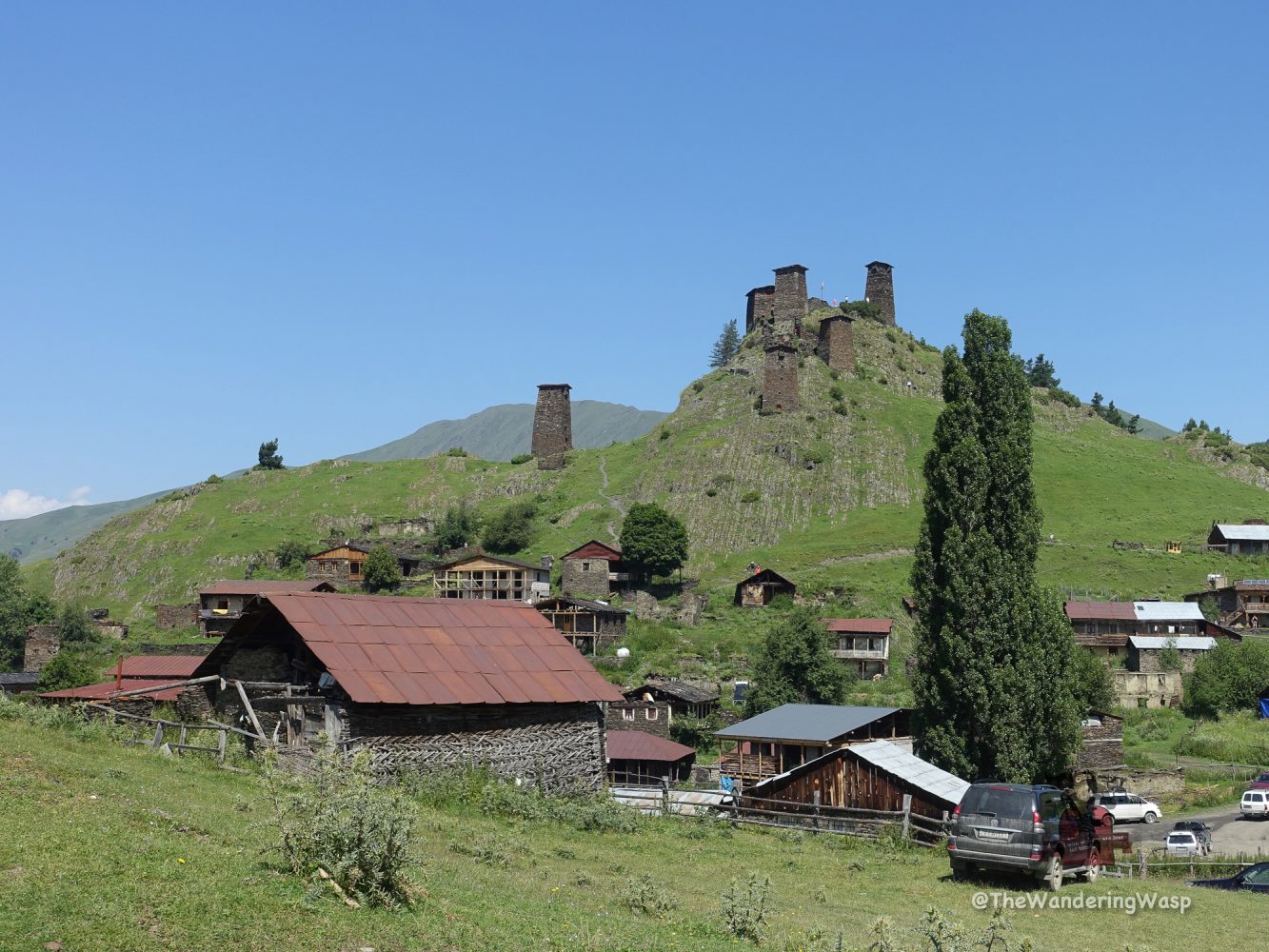
What did this trip teach you?
When I was on the road, the things that happened and the people I met may not happen again. You meet people [along the way], but what are the chances you will be back? You have to be in the present and not take anything for granted. [You say,] I’ll be back again. There’s always next time. Not necessarily. This experience taught me to be more present because time is so precious.
When I came back to Singapore, I had to return to employment and make a living. I wondered, Do I want to return to a company that controls where and when I work? So, I went into self-employment and have been doing freelance for a lot of different things. Because I did my teacher training in India, I taught children yoga. I also do tutoring. After the trip, I gained some traction among the Singaporeans and was invited to events, and sometimes I do public speaking or engagement at a launch of travel products.
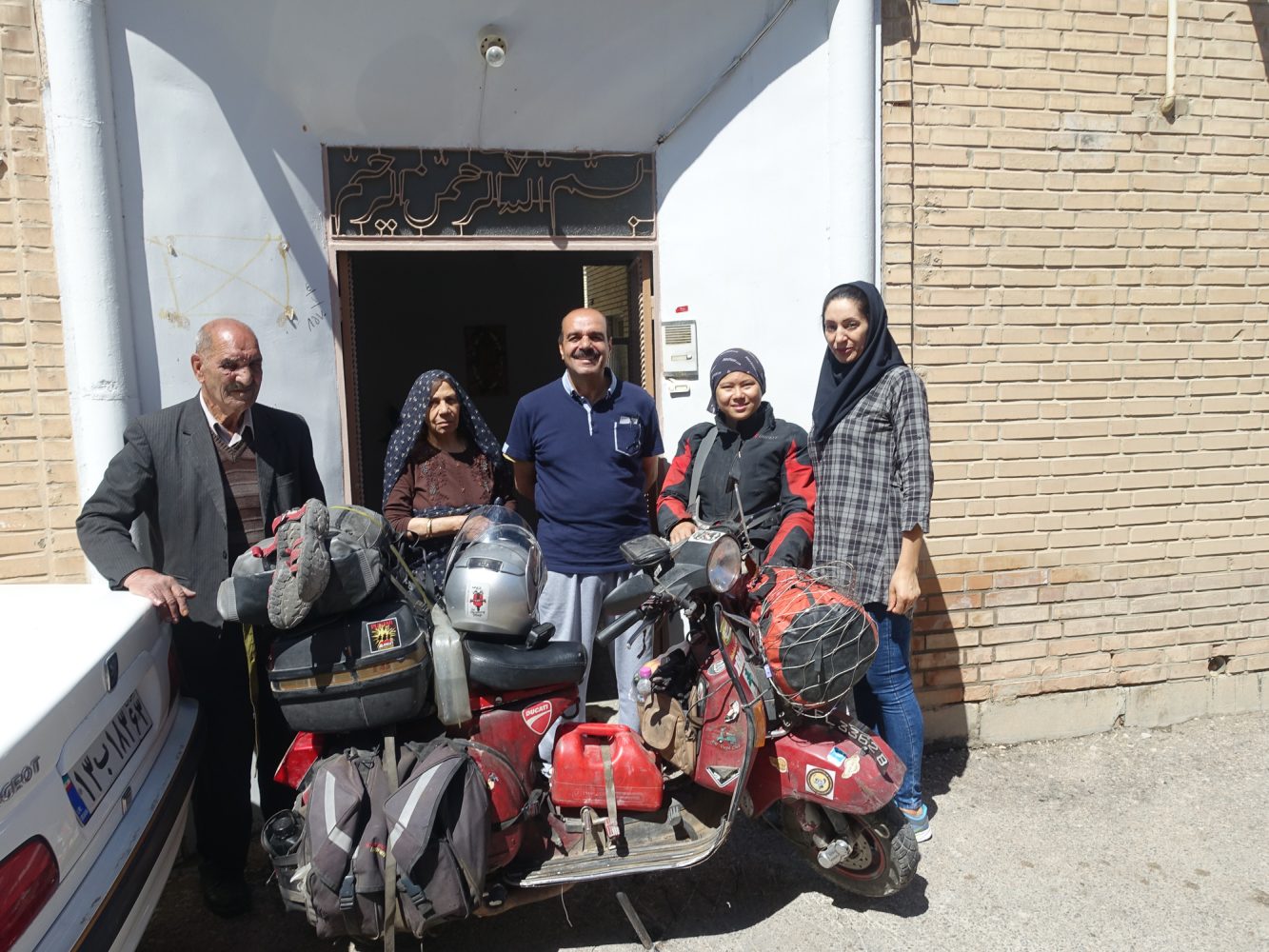
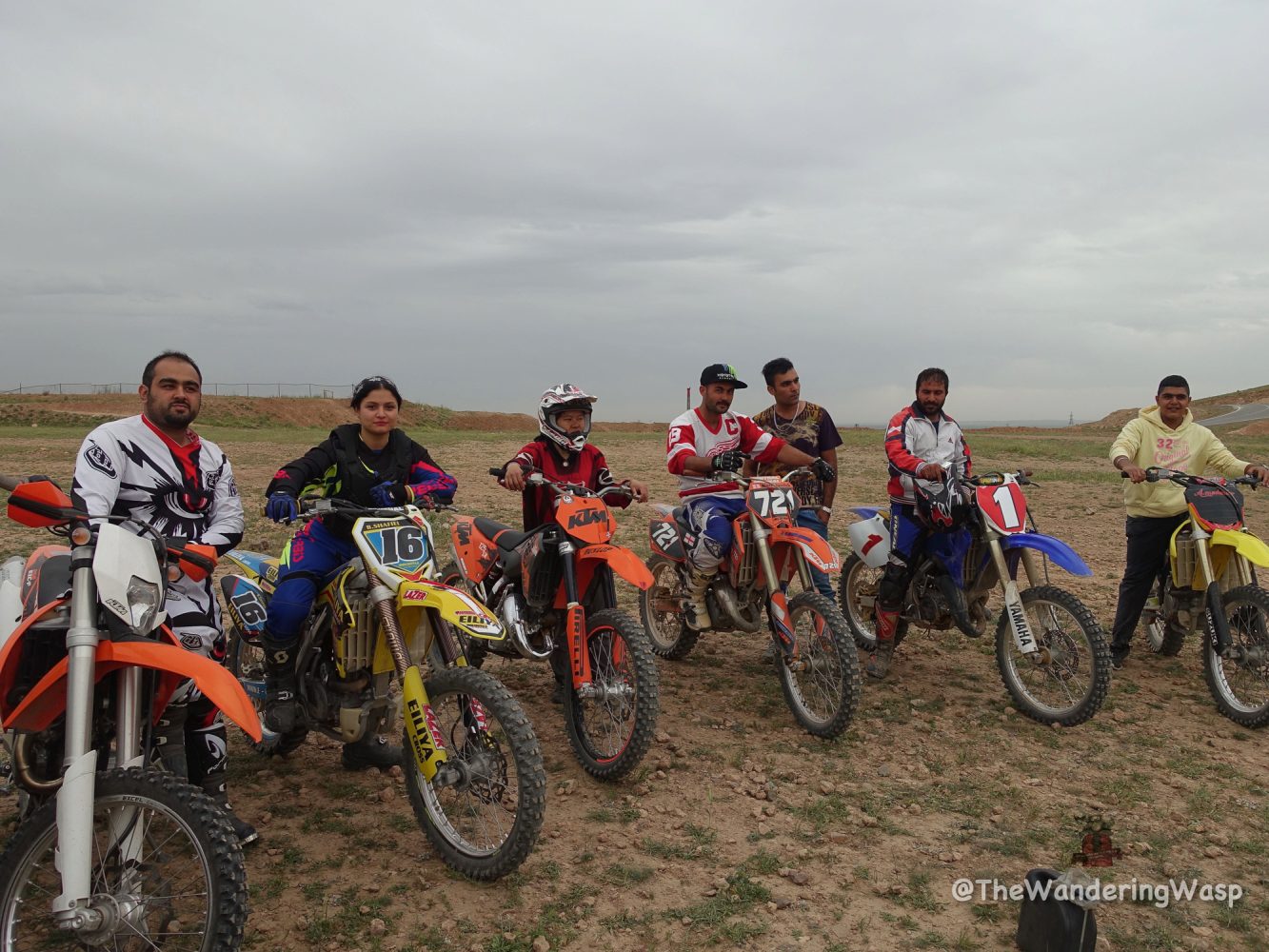
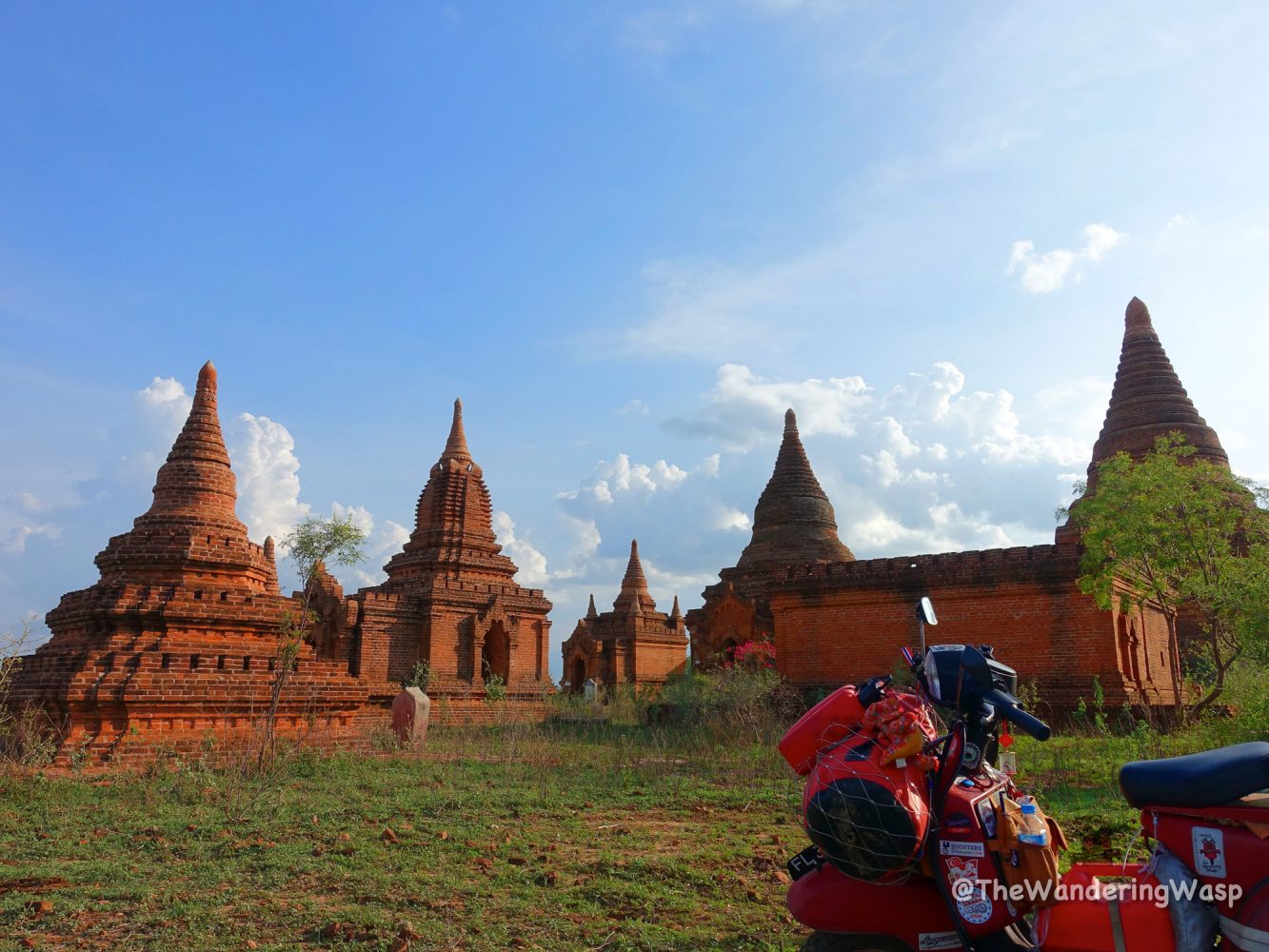
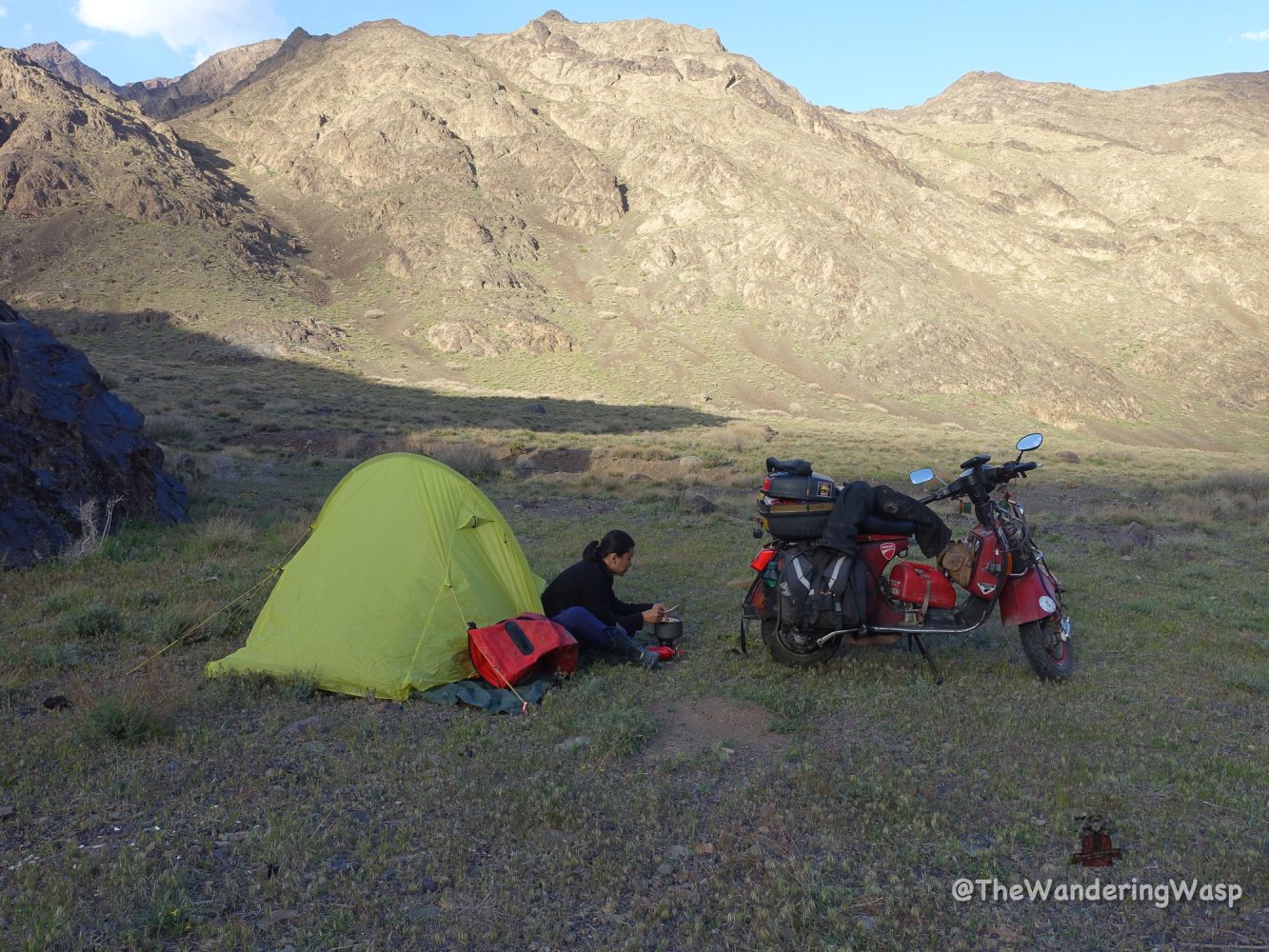
What are your top travel tips for those visiting Singapore?
If you want to go through the hassle of getting the vehicle into Singapore, don’t expect nice scenery. But what we do have is a rich, vibrant culture. There are a lot of hawker centers, and they are part of the Unesco Representative List [of the Intangible Cultural Heritage of Humanity]. Many of these hawkers spent their entire life perfecting one or two dishes. At the centers, there are many stores (there can be up to 50), so you can try the Chinese noodles at one store, Malay at another, and maybe Indian products [elsewhere]. In Singapore, there are people from Malaysia, China, and India, so our food is like a blend of everything.
The longer you stay in a country, the more intimately you know it. Were there any places that stood out to you?
When it comes to traveling slowly, I was able to meet more people and [experience] more insights into the country. If you are passing through, you [may] only experience the good side of it, but when you stay in a country long enough, you see the good and the bad. You see the country for what it really is.
Even in Pakistan, married travelers [or couples] had good things to say. But when I stayed long enough, I had some problems, like dealing with the bureaucracy. Getting to know more people, I heard about the frustrations of living there. For example, I know many travelers say that the people are friendly in Iran. Yes, they are very hospitable, and I was invited to stay with lots of Iranians. But as I stayed with them, I also began to observe some of the tough restrictions they face. They can’t do a lot of things openly without being persecuted. Some very creative artists aren’t able to showcase their work.
I also faced discrimination because as a traveler, your skin color, age, and gender affect your travel experience. Many of those who told me that Iran was so friendly and hospitable were Caucasian. I was often mistaken as being a Hazara from Afghanistan. Because of the civil war back home, the Hazara stayed in Iran as refugees for decades, facing very different treatment from the Iranian people. When I was alone, especially when I was wearing the traditional costume that I got in Pakistan, I didn’t get that much attention from the locals. Sometimes I got cat calls. When I was with my German friend, who clearly looks like a Westerner, people came up to him saying, “Hi! Welcome to Iran.” This was very different from when I was alone or with a friend from another country.
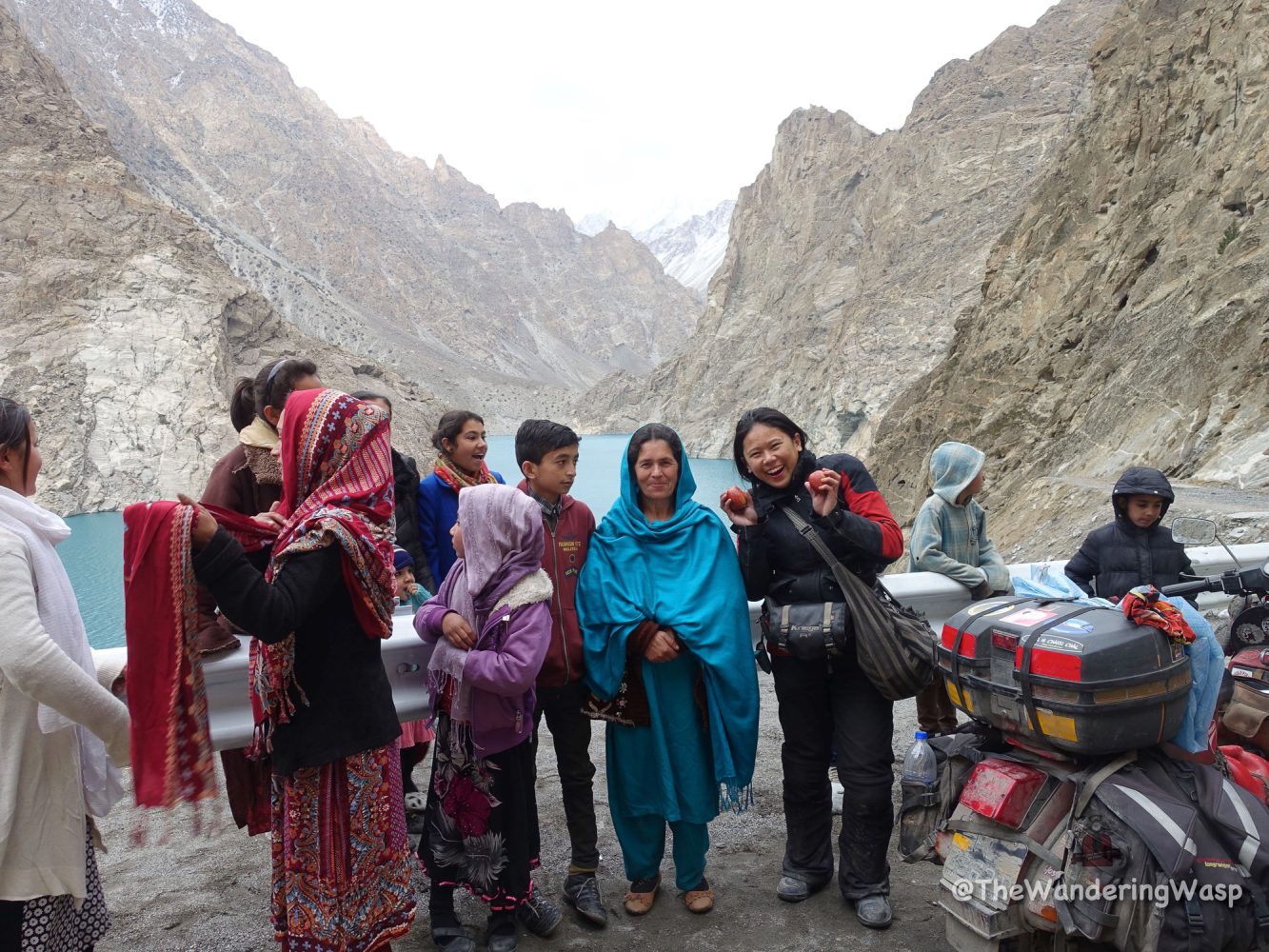
Why do you think that is?
I think it’s due to the history of colonization. In South Asia, Pakistan, and India, they call it the gora complex. In Singapore, due to the history of colonization, there’s always this perception that the West is always better than the East.
What are some advantages of being a woman traveler?
I can think of a few. For example, if you have a problem with your vehicle, people are more likely to stop and help a damsel in distress than a bogeyman [laughs]. Many men in conservative countries have a very protective nature toward women.
I was comparing my experience in Pakistan with another German biker. We met in India, Pakistan, and Iran, and we knew a lot of the same people because our contacts were through motorcycle clubs. Whenever we traveled to different cities hosted by these clubs in a city or town, he stayed with a few families but not as many as I did. During my four-and-a-half month stay in Pakistan, I always stayed with families. I got to see the men and women, but he only managed to meet one of the wives. And in Pakistan, the scooter or motorcycle community is pretty much male-dominated, but I was able to attend their gatherings as well. I was able to step into both worlds.
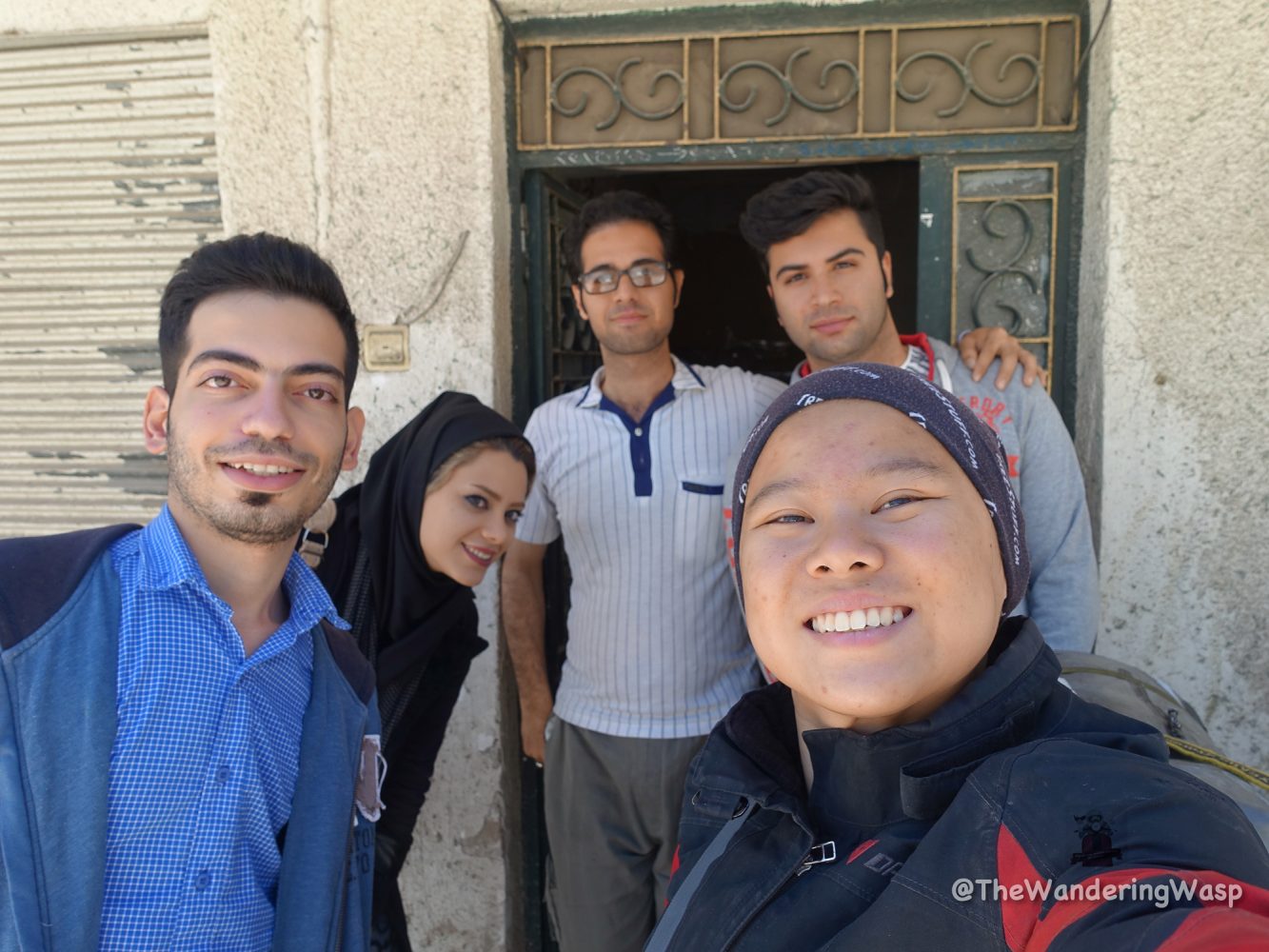
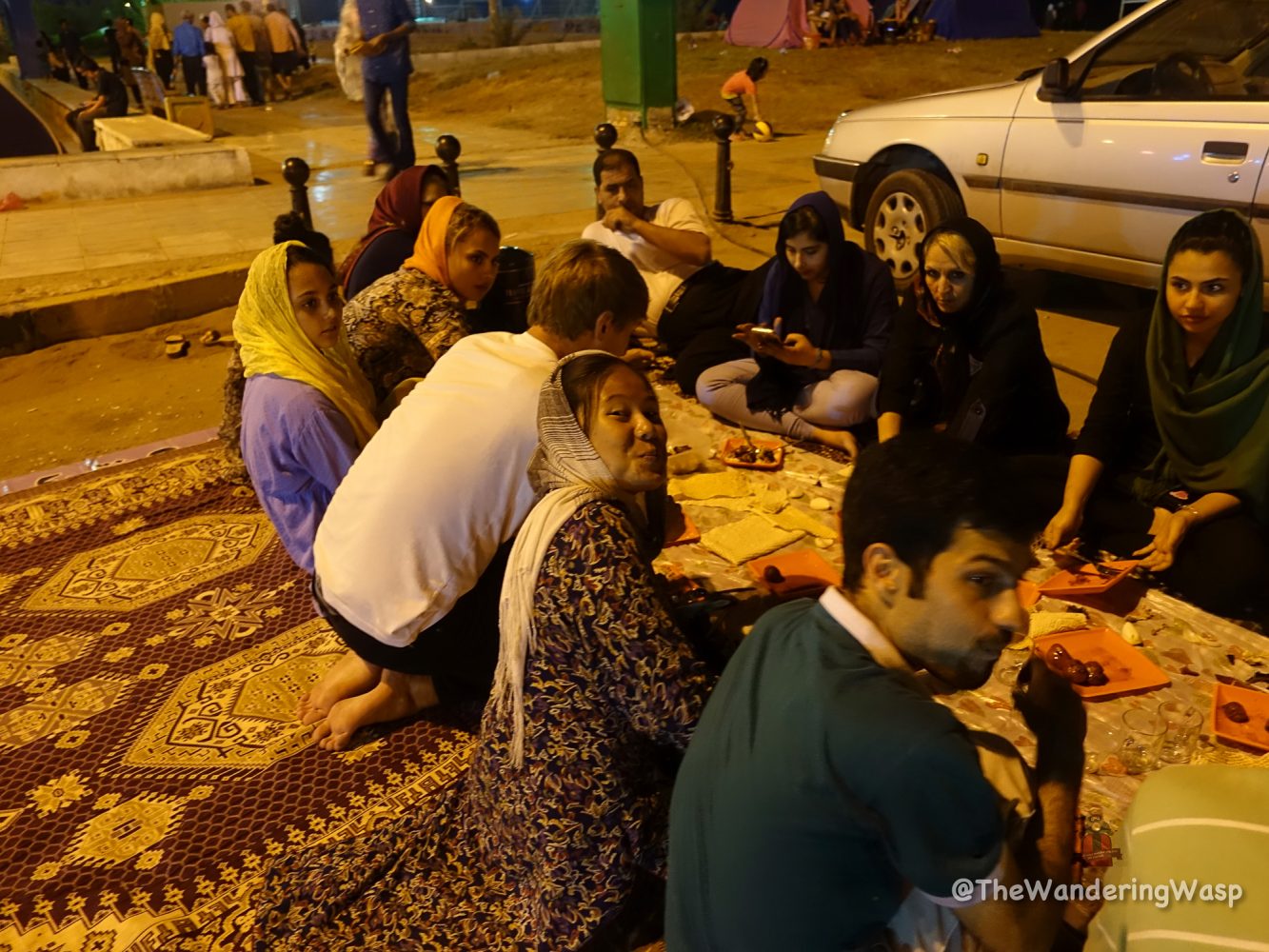
What are some challenges of being a woman traveler?
In some countries, there were rules and strong restrictions for women. For example, wearing a headscarf all the time in Iran was something I had to get used to, even on a hot day. I didn’t see women on the street in some very conservative areas. It makes you feel uncomfortable. Maybe because they do not encounter a lot of tourists, they have this perception that foreign women are easy. It’s very disappointing. I think it goes both ways. If you don’t meet people from other countries, you have a certain perception.
I’m very heartened to see that more women are stepping up. Some have really established themselves, like Noraly [Schoenmaker]on her bike and Steph Jeavons. It’s very encouraging because when I left, a lot of people told me, ‘You’re a small woman; you won’t survive. You’ll get raped in India.’ They think you can’t do it because you’re a woman, but to survive out there, you don’t only need brute strength. Situational awareness and intuition are also very important. I think women should really embrace that. Try to step out of your comfort zone and try new things. Traveling solo should be normalized, but it won’t be normalized if we’re hiding in our homes. We have a part to play in this world as well. We have to be seen. I’m hopeful that one day travelers like me are no longer novel, and when you write a travel article, you no longer have to write ‘solo female’ to pay homage to the fact that she’s female.
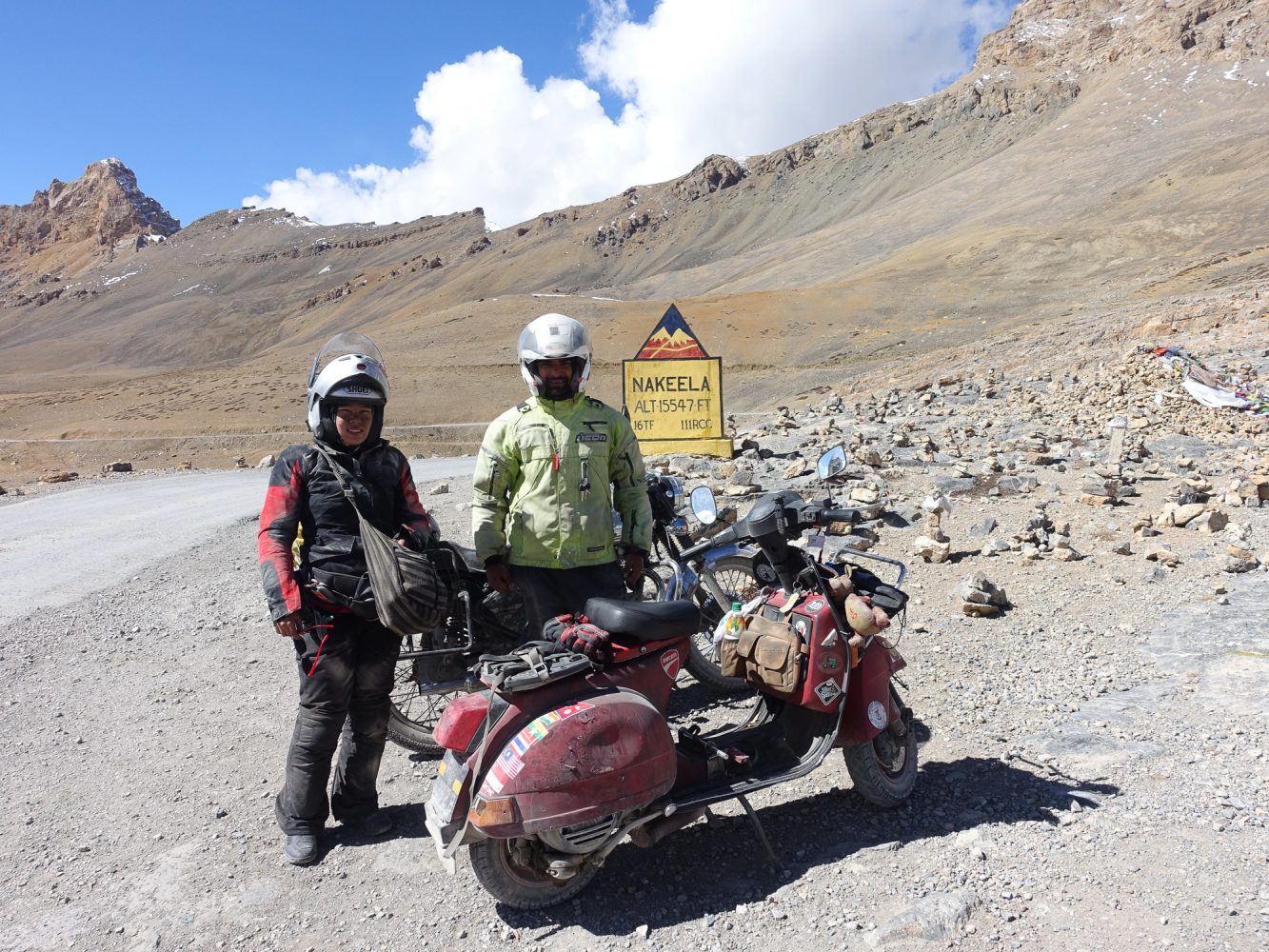
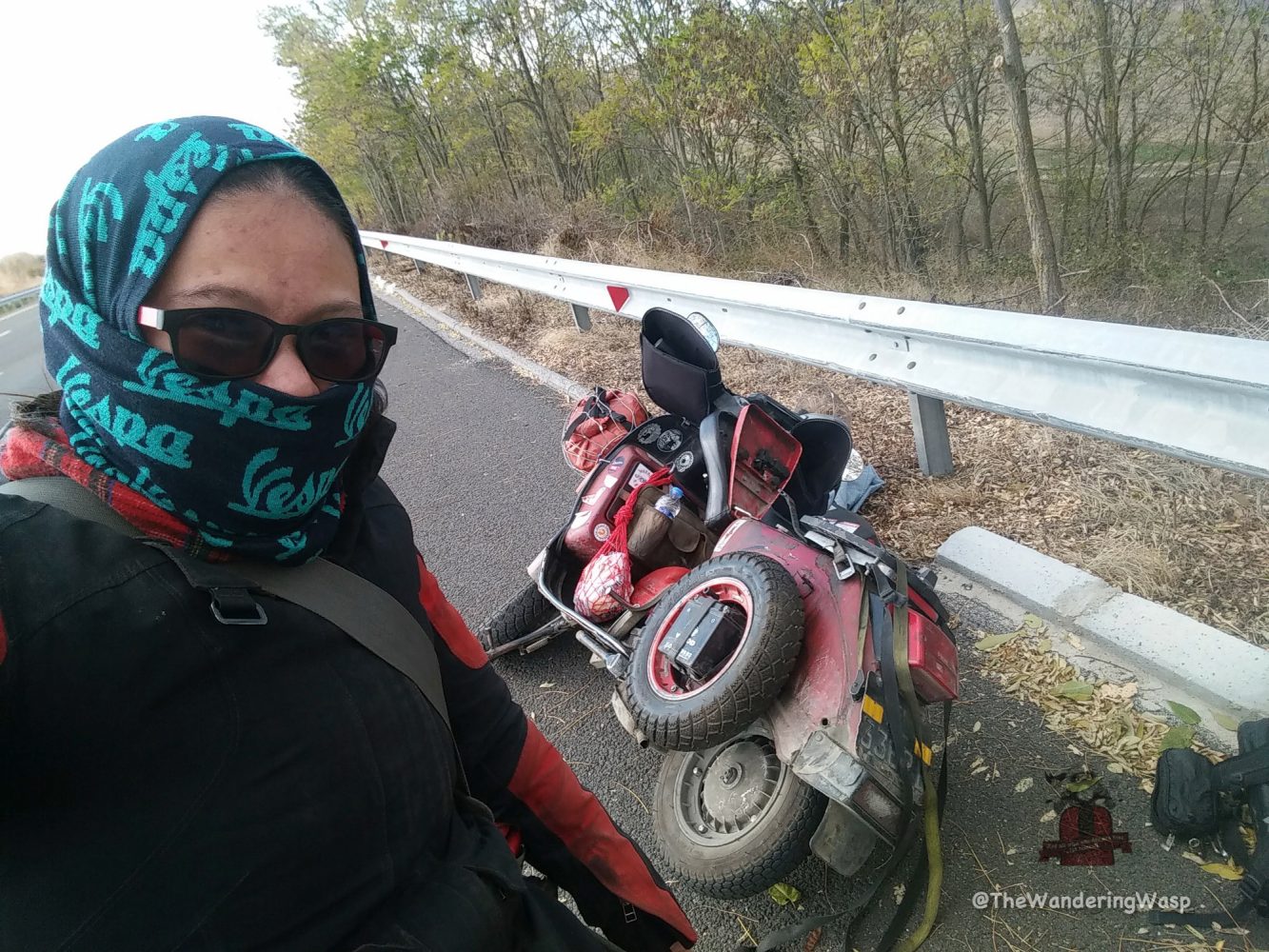
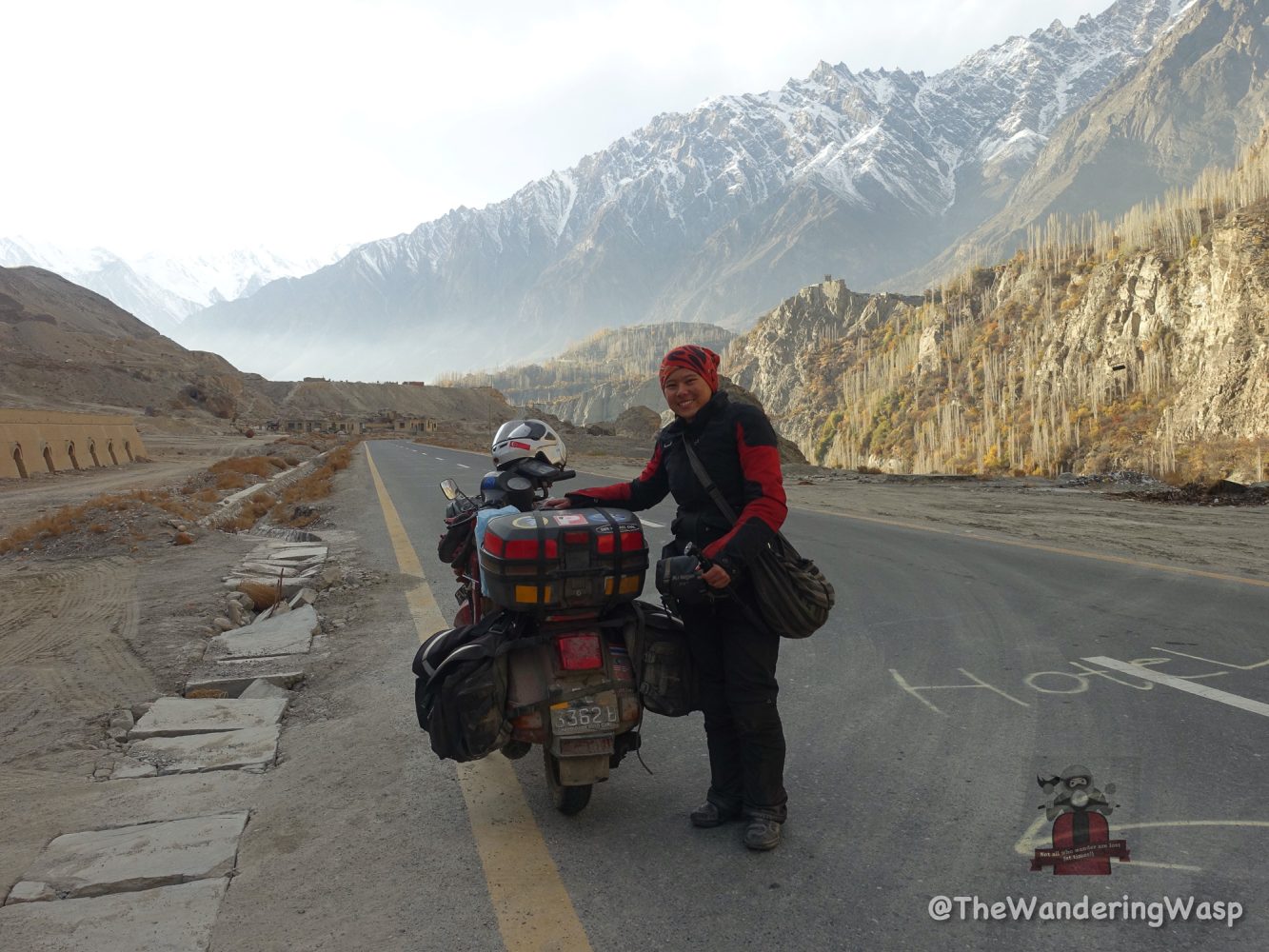
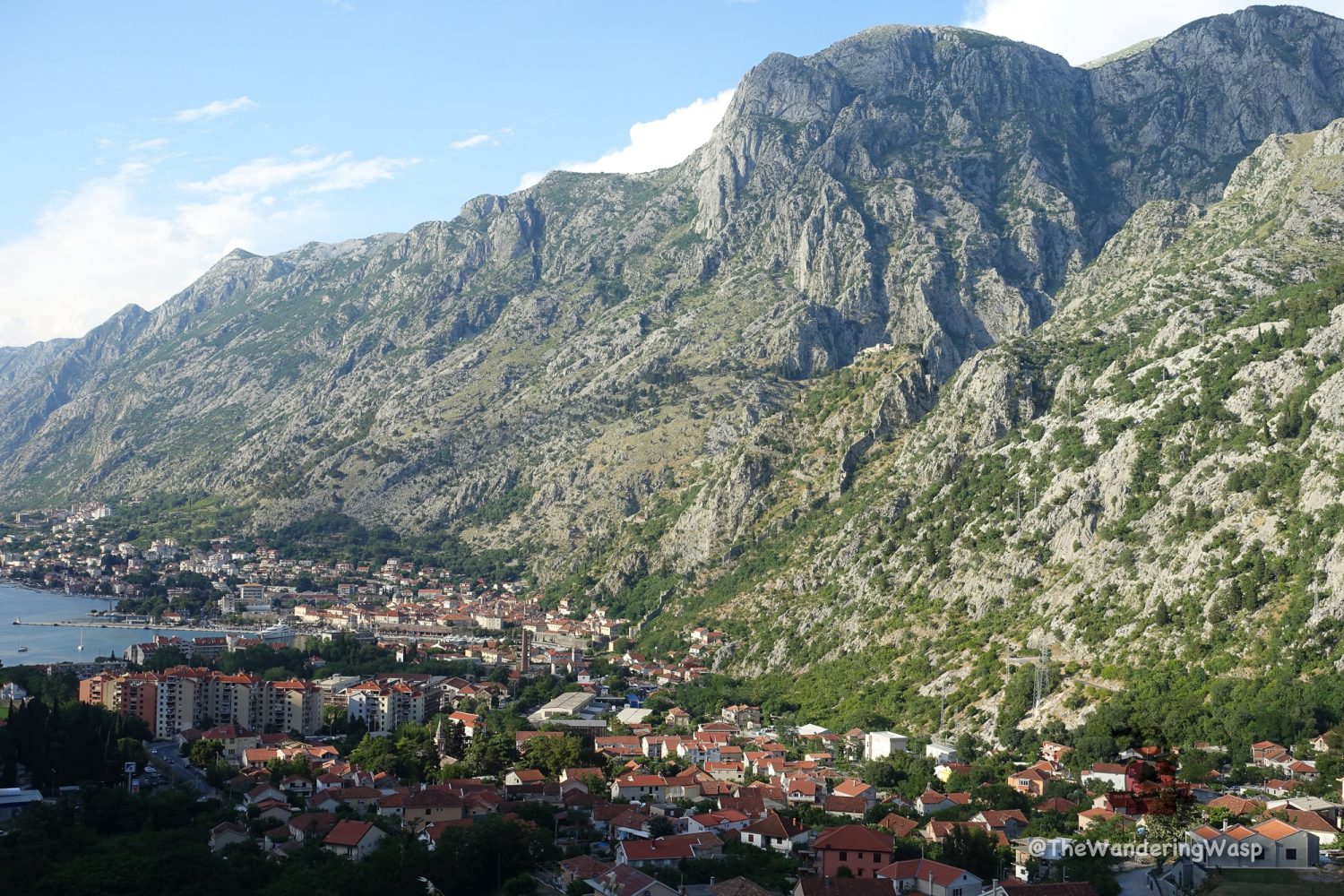
To learn more about Juvena and her travels, visit thewanderingwasp.com.
Read: Olabisi Ajala’s Round-the-world Trip on a Lambretta Scooter
Our No Compromise Clause: We carefully screen all contributors to ensure they are independent and impartial. We never have and never will accept advertorial, and we do not allow advertising to influence our product or destination reviews.


